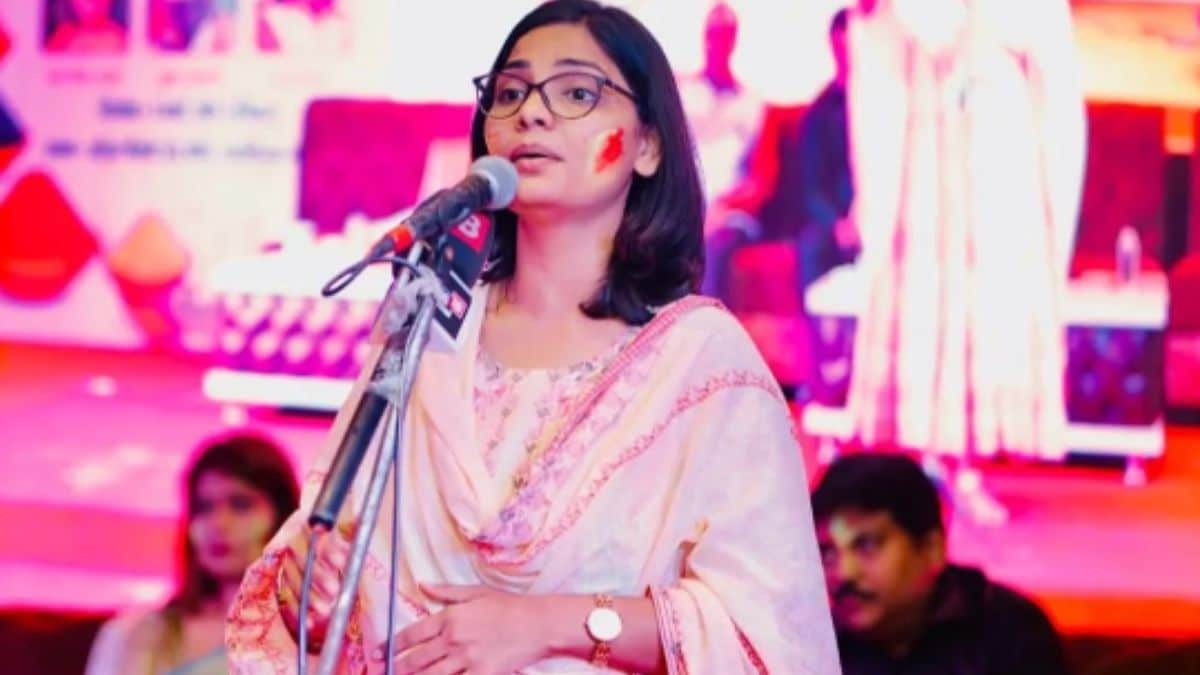

Neha Singh Rathore, a name currently making headlines in India, is a folk singer and political satirist known for her outspoken criticism of the government through her Bhojpuri songs. Born in 1997 in Bihar, she holds a Bachelor of Science degree and began her career as a folk singer in 2019, gaining recognition for addressing social issues like unemployment, corruption, and poverty through her music. She uses platforms like YouTube, Facebook, Instagram, and X (formerly Twitter) to share her work, connecting with a wide audience. Rathore's songs often question those in power and reflect on the struggles of ordinary people.
Rathore's rise to prominence began in 2020 with her song "Bihar Mein Ka Ba" (What's there in Bihar?), followed by "UP Mein Ka Ba?" (What's there in UP?) which gained immense popularity. These songs, delivered in a simple yet impactful style, touched upon the realities of life in these states, from governance issues to the impact of the COVID-19 lockdown on migrant workers. She has cited Bhojpuri poets Bhikhari Thakur and Mahendar Misir as inspirations, aiming to restore the honor of Bhojpuri music against the rise of "sleazy" film songs.
However, Rathore's sharp critique hasn't been without controversy. In July 2023, she faced legal action for a caricature related to the Madhya Pradesh urination incident, where a man was filmed urinating on a tribal labourer. Earlier that year, she received a police notice for allegedly inciting hatred through a second version of her song "UP Mein Ka Ba". These incidents highlight the risks that come with speaking truth to power in India, where freedom of expression is often challenged.
The latest controversy involves sedition charges filed against her for social media posts following the recent terror attack in Pahalgam, Jammu and Kashmir, on April 22, 2025. The complaint accuses Rathore of making "objectionable" posts on X that could potentially incite "communal tensions" and affect national integrity. Specifically, the complainant, Abhay Pratap Singh, alleges that Rathore's posts targeted a specific religious community and accused her of stoking communal tensions. Family members of multiple victims of the attack in Baisaran valley in Pahalgam said that the terrorists went to each of them and asked about their religion. Those who said they were Hindu were shot dead.
Police in Lucknow have registered a case against her under multiple sections of the Bharatiya Nyaya Sanhita (BNS), including attempting to promote sectarian animosity, disturbing public tranquility, and endangering the sovereignty, unity, and integrity of India, as well as under the Information Technology Act. While the BNS doesn't explicitly mention sedition as it was specified in the colonial-era Indian Penal Code Section 124A, the new criminal code deals with similar charges of endangering the sovereignty, unity, and integrity of the country under section 152.
Rathore has responded defiantly, accusing the government of trying to divert attention from its failures by targeting her. In a video posted on X, she questioned the government's response to the Pahalgam attack and asserted her right to ask questions in a democracy. She has also alleged that the government might use the tragic attack for electoral benefits. She has received criticism and trolling online following the incident.
The sedition case against Neha Singh Rathore raises important questions about freedom of speech, the limits of dissent, and the state's power to silence critical voices. It also highlights the challenges faced by artists and activists who dare to challenge the status quo in India. The case has drawn national attention, sparking debates about the use of sedition laws and the government's handling of dissent. It remains to be seen how the case will unfold and what impact it will have on Rathore's career and the broader landscape of free expression in India.